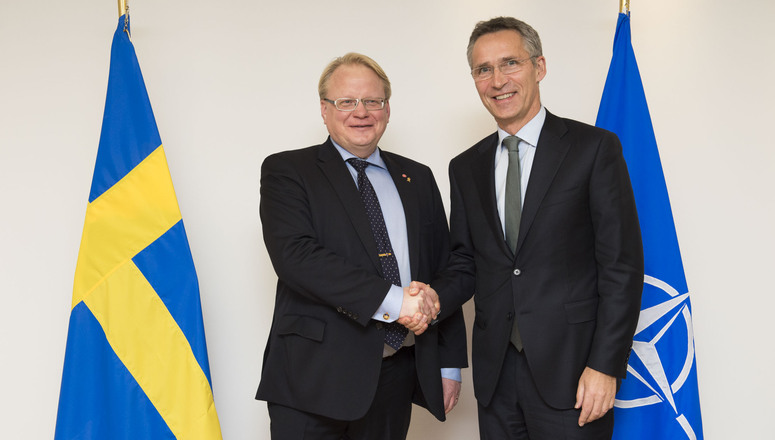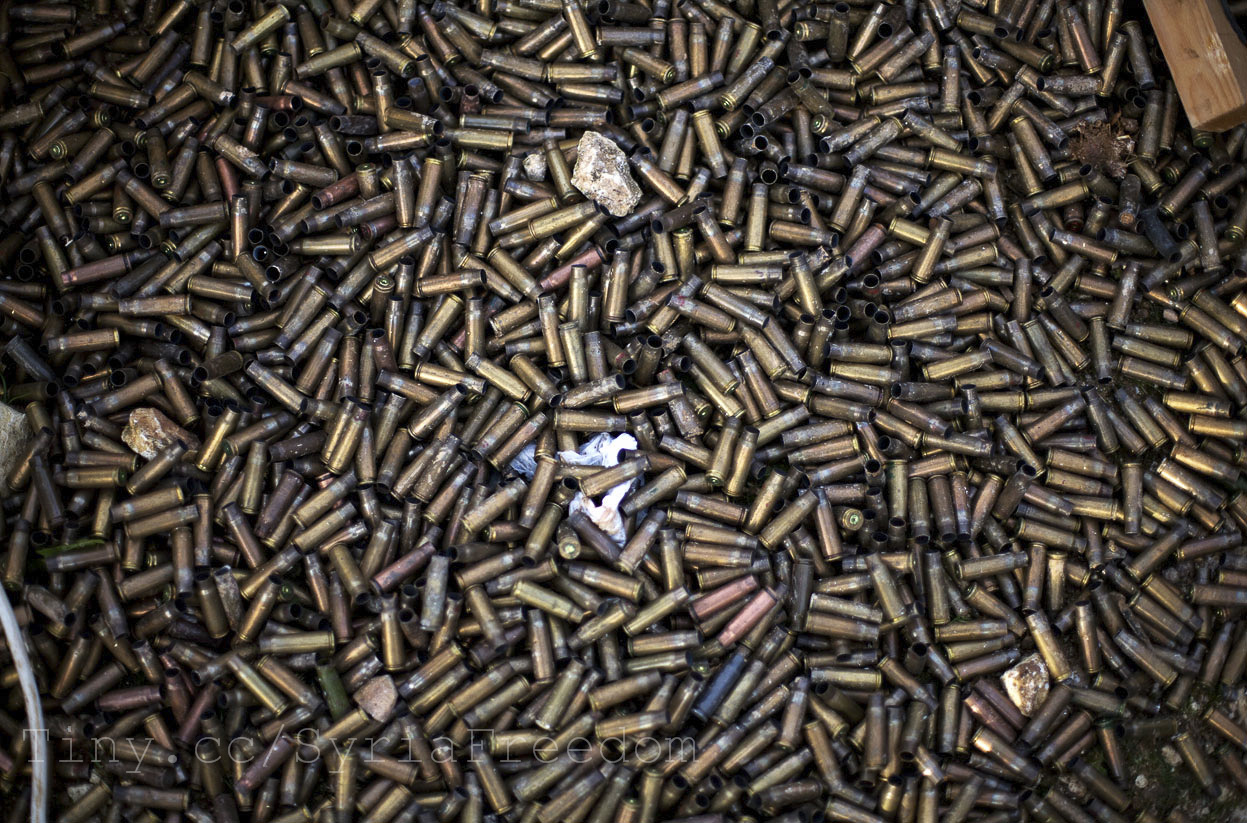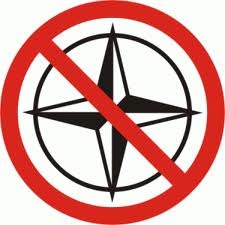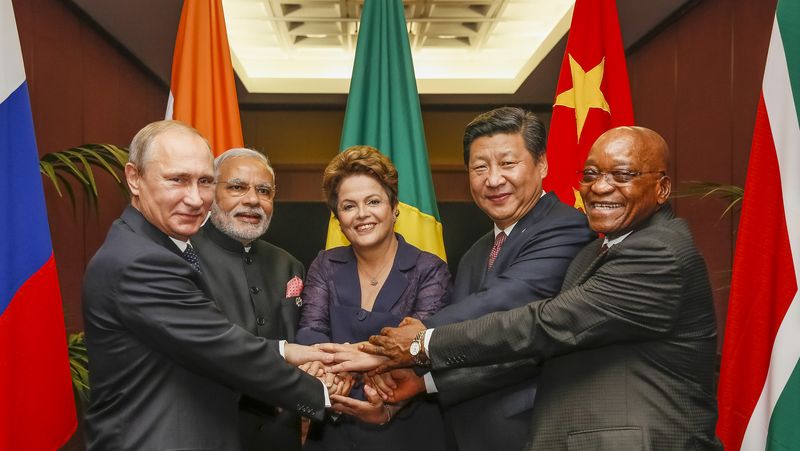Sweden has traditionally declared itself a neutral state since the early 19th century, when it lost one third of its territory during the Napoleonic wars including the loss of Finland to Russia. Though its territorial integrity is not in question today, Sweden’s military neutrality has been up for debate since Russia began asserting itself globally.
The debate over Sweden’s military status has taken an interesting turn when on September 10 2015 Russia’s Foreign Ministry’s spokeswoman Maria Zakharova stated that “Swedish membership in NATO would have politico-military and foreign policy consequences, and would require retaliatory measures from Russia.” Sweden’s Foreign Minister, Margot Wallstrom fired back by dismissing the statement as an unacceptable threat and saying that Sweden, as a sovereign state, is free to determine its security policy how it sees fit. Tensions between Russia and Sweden reignited in 2014 when Sweden mobilized its military for the first time since the Cold War due to a mistaken threat of a Russian submarine lurking in Swedish waters. Despite the false alarm, Sweden did not hesitate to increase its security guarantees in the region and signed a military cooperation agreement with Poland.
Soon after the Swedish government pledged to boost cooperation with NATO as a whole and with individual member states and to firmly commit to its proposed increase defense spending by 11% (roughly $26B USD) over 5 years. Even prior to Russia’s escalation of rhetoric in October, Sweden’s major political parties came to a consensus in light of the developments within Russia, and Russia’s maneuvering in Ukraine. They drafted the Swedish Defense Bill 2016-2020 which outlined the increase in defense spending, deeper bilateral and multilateral cooperation with NATO and the Nordic Defense Corporation and a reevaluation of defense and security policy. Despite these countermeasures the Swedish government still has not shown any intentions to formally join NATO. Things on the ground however are slowly changing.
Swedish public opinion has, like its government, held a fairly neutral position towards NATO membership until recently. A survey conducted by pollsters Sifo suggests a noticeable change in public opinion towards NATO membership. A total of 41% of the 1000 respondents responded by saying they favour seeking membership in NATO, 39% were opposed while 20% were uncertain. This marks a drastic difference compared to a previous poll in May 2015, which concluded that only 1 third of Swedes favoured membership up from 29% of Swedes in 2013 and 17% in 2012.
Though Sweden formally states its neutrality, it has been part of NATO’s “Partnership for Peace” framework since 1994 and is a participant in the Euro-Atlantic Partnership Council and has formal representation in NATO’s Brussels headquarters. Given its deepening cooperation with NATO in light of Russia’s resurgence, Sweden’s choice to remain neutral leaves one wondering why it does not make the logical decision to join the Alliance and enjoy the benefits of collective defense. Perhaps Russia’s military assertiveness in the Middle East and Ukraine has Sweden’s policy makers thinking twice about being in Russia’s crosshairs as a NATO member. However, considering geographically Sweden faces less of a threat than Poland, which technically shares a border with Russia given the union between Belarus and Russia. Though Russia would rather Sweden not join NATO, it is more concerned with Finland’s membership. Both Finland and Sweden have stated that they would join the Alliance together. The addition of these two states would place another NATO member very close to St. Petersburg and surround Russia’s position in the Baltic Sea.
Sweden therefore is likely, again, walking the fine line between security guarantees and not becoming openly hostile with the Russians in the foreseeable future.




